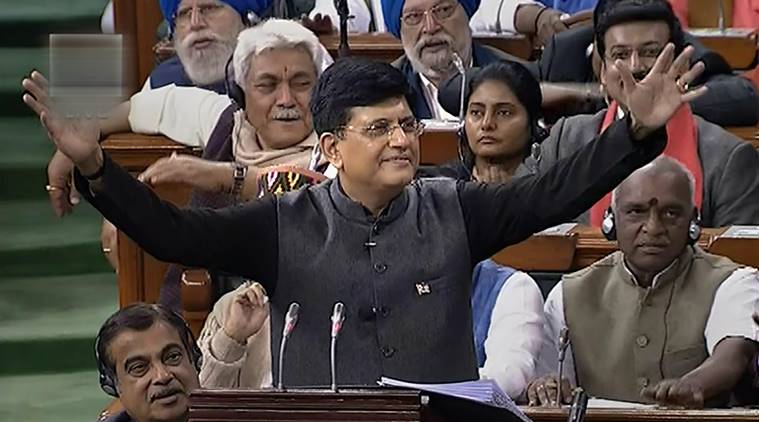
In this year’s Interim Budget, the government has made a number of major political statements, which is understandable in an election year. Interestingly, the budget has outlined not only short-term schemes but a long-term vision and outlook.
Outlining long-term objectives is seen very positively in policy analysis. However, they need to be vigorously debated in detail, rather than as a statement of intent. Long-term planning usually quantifies resource allocation and investment numbers, which were lacking here. The Budget Statement follows a similar exercise in a seven-year plan. It will also be interesting to see how the next government will propose to modify any of these measures, if it takes them up at all in this manner.
A matter of questionable fiscal prudence, but also understandable in a pre-election budget, is the comparison of revised estimates (RE) from the current year with the budget estimates (BE) of the next year. Budgetary allocations are normally made at a higher number and revised down to a lower number because of considerations of maintaining and reducing fiscal deficit. So BEs should be compared with BEs and REs with REs. Otherwise, we get a false sense of “expansion”.
It was a sense of relief the country felt when this was declared an Interim Budget. But that was short-lived since the allocations were “annual”. The new government, whichever party it belongs to, is not obliged to go by these allocations because there will be new MPs and ministers with their own priorities. They will be loath to give away their fiscal powers. For the power to spend is the real power behind the throne.
The new proposed Pradhan Mantri Kisan Samman Nidhi (PM-KISAN) gives direct annual income support to farmers with a land holding of two hectares. This, in fact, brings in Arvind Subramanian’s Basic Income Support Scheme for substantial sections of the rural workforce. Congress President Rahul Gandhi had stated this as his objective for the economy and ministers were very critical. However, the budget showed an implicit appreciation of the idea and has proposed it for a large part of the rural labour force. Of course, there is no way of testing if sufficient funds have been provided for it. Small farmers till around two-fifths of the land but are two-thirds of the labour force, since agricultural labourers also till small plots of land.
The budget speech is exhorting the government’s stated goal of doubling farmer income. The budgeted figure for MSP or other support should, however, be based on a cost concept that includes rent and interest on farm investments. Niti Aayog economists have correctly stated that rent is an unearned income on possession of a scarce land resource following Ricardo. But if non-agricultural corporates are allowed to get returns on scarce imported or other resources, why should the farmer be denied this?
By calling it an Interim Budget, a legal constitutional hassle has probably been avoided. But the pretence that monies to be spent after the first session of the new government facing a new Parliament has been decided now, is not very convincing. It is doubtful if the new lot will be that generous in giving away their power to their predecessors. So, the fun and games will start again with the rains. As Kalidasa sang, the clouds will bring messages. Until then enjoy the Interim Budget. A full one would have been certain in one way: Certainly worse. Be thankful for small mercies.
The writer is an economist and a former Union minister